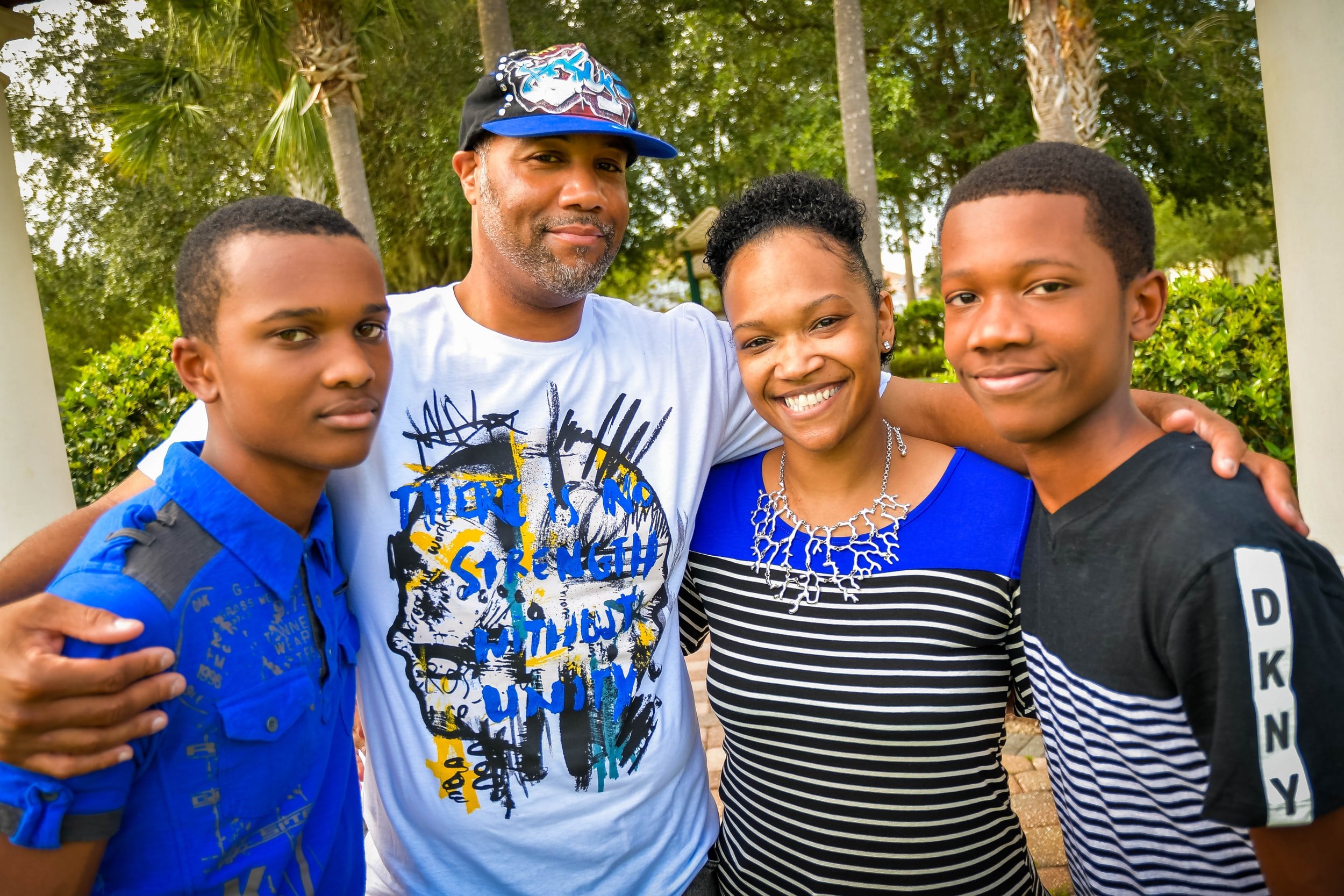
Is change possible?
Back in the 1990s, there was a belief among many in the field of psychology that the mind is “set” after we reach a certain age. After all, our frontal lobes appear to be fully developed by age 27. However, current neuroscience research suggests that this is not the case. Our minds are capable of change, healing and growth throughout our lifespan.

Brain Injury: Surviving the Holidays
As the holiday season approaches, you may have mixed feelings about gathering with friends and family. You might be excited about reconnecting with loved ones. Or you might even feel anxious about interacting with friends and family. Or you may even plan to spend the holidays alone.
Whatever your plans, the holiday season might be accompanied by many different feelings and challenges. There may be feelings of loss or sadness about all that has changed in your life. It is also common to feel stressed or anxious. You’ve been through a life-transforming event. This holiday season might feel and look different than holidays in the past.

Relationship Changes after Brain Injury
Has your relationship changed since the brain injury? If you answered yes, you are not alone. Many couples report significant changes in their relationship following a brain injury. In fact, a brain injury can impact nearly every aspect of your relationship. For some couples the changes may be more profound, for others the changes may be a little more subtle. Just as every brain injury is unique, every relationship is unique.

Severe Brain Injury and Family Experiences
A few researchers sat with families and interviewed them about their experiences following a severe brain injury (Stenberg, Stalnacke, & Saveman, 2022). Their findings were interesting, but I’m sure they are not a surprise to families living with brain injury. Here are their findings. Do any of their findings sound familiar to you?

My loved one’s brain injury has changed me.
How has your loved one’s brain injury changed you? Families face many, many changes following a brain injury. The changes can be significant and dramatic.

Brain Injury and Family Grief
A severe brain injury is one of the most devastating events that a family can experience. Losses are multi-layered and complex. Changes in your family member can be profound enough to be grieved like a death. Additional losses may include loss of relationship(s), financial stability, changes family roles, and many more.

Brain Injury - Layers of Loss and Change
Feelings of sadness, frustration and loss are common. Most likely, you know firsthand just how complex and multi-layered the losses are after a severe brain injury. It’s okay to grieve those losses. You are allowed to grieve even if others keep reminding you that you should feel grateful to be alive. Just as each brain injury is unique and personal, so too is grief. Honor your own way of grieving.

Brain Injury, Couples, and Emotion
A brain injury happens to both people in a relationship. Your lives have changed in an instant. You have both experienced a traumatic event and you both may have many different emotions.

Common Changes after Brain Injury
Symptoms vary, depending on many factors including the type of injury, severity, neurology and individual differences. Changes may become more evident over time. Often, however, changes and challenges - that impact everyday functioning - may remain invisible to the world.

Brain Injury Happens to Families
Family members often shoulder the responsibility of caring for their injured loved one long after formal rehabilitation has ended. Unfortunately, most families are not prepared to meet the long-term demands of caring for a family member with a brain injury.
